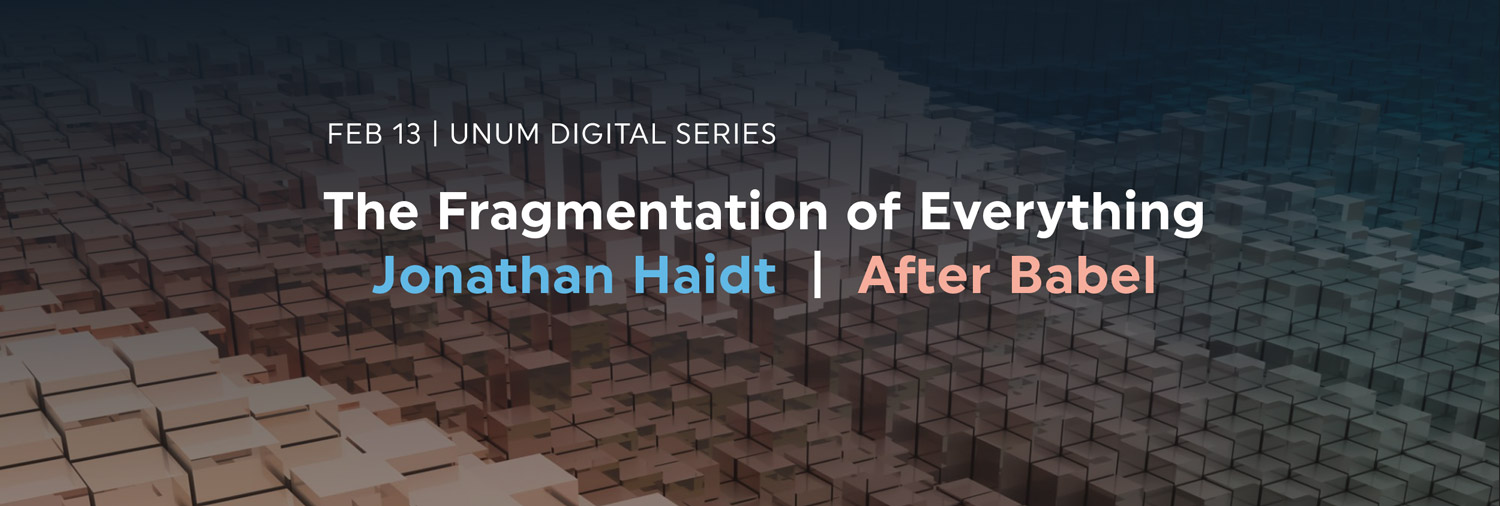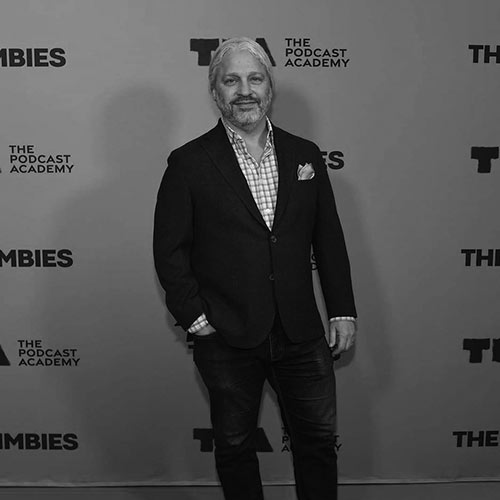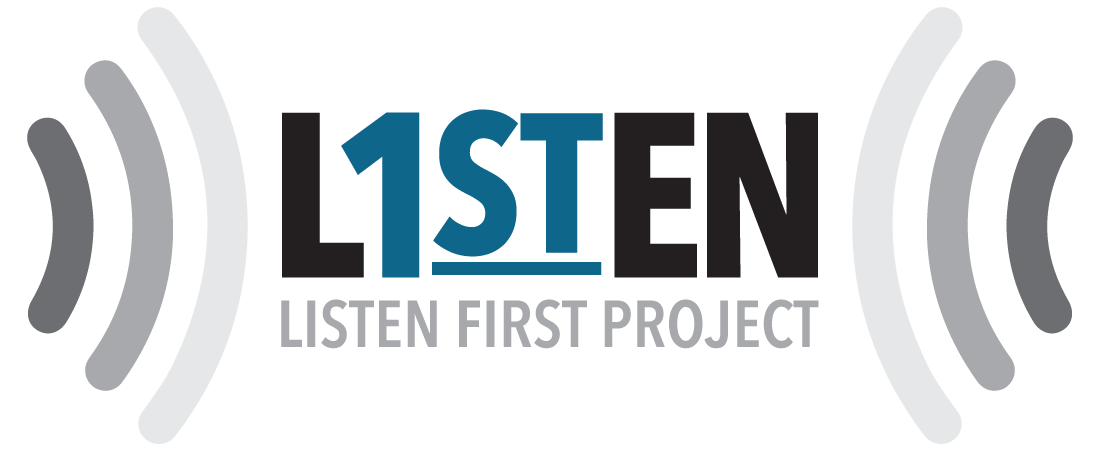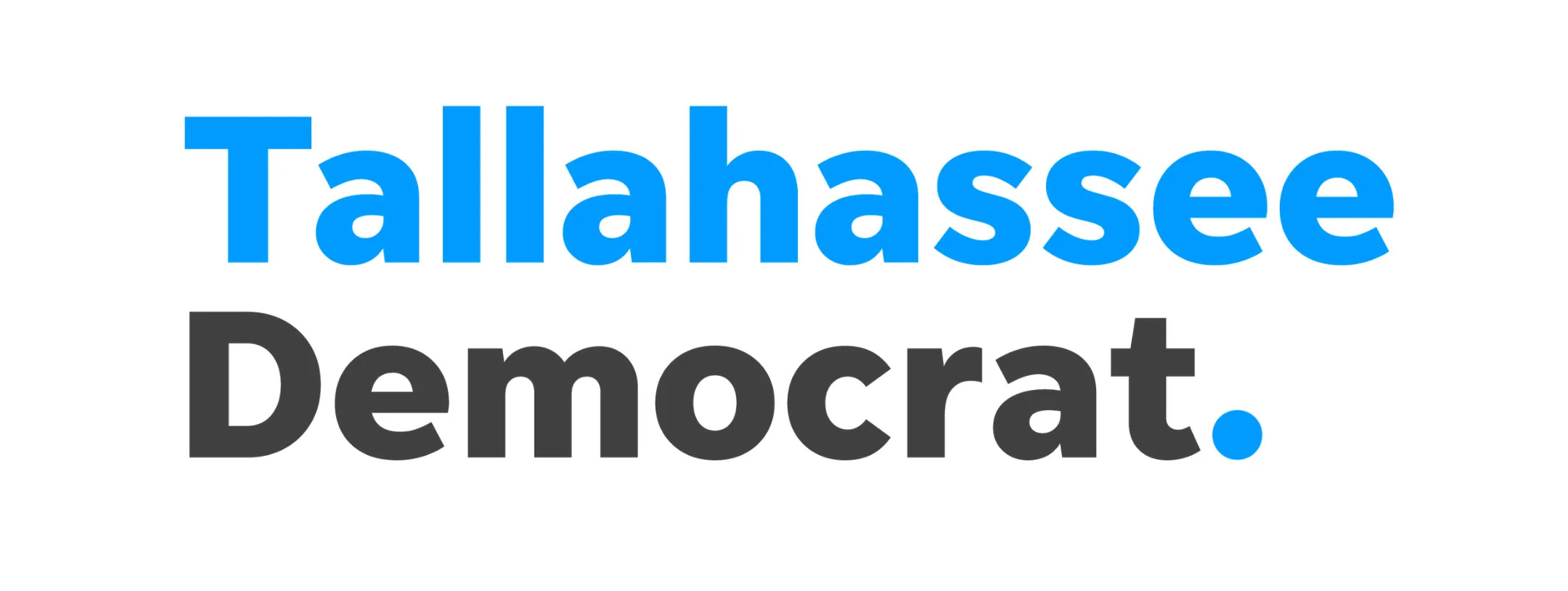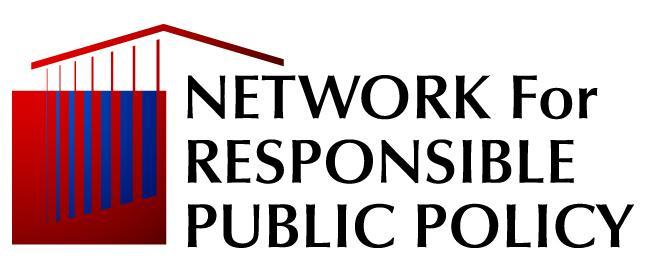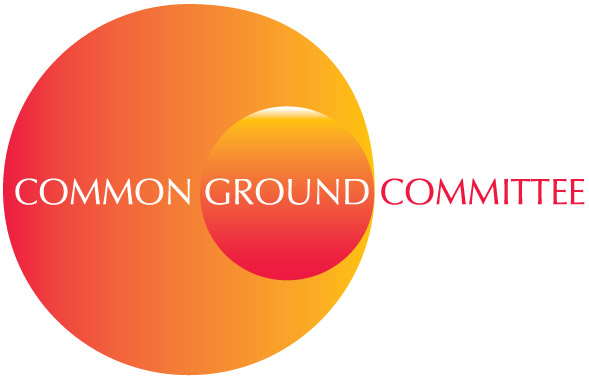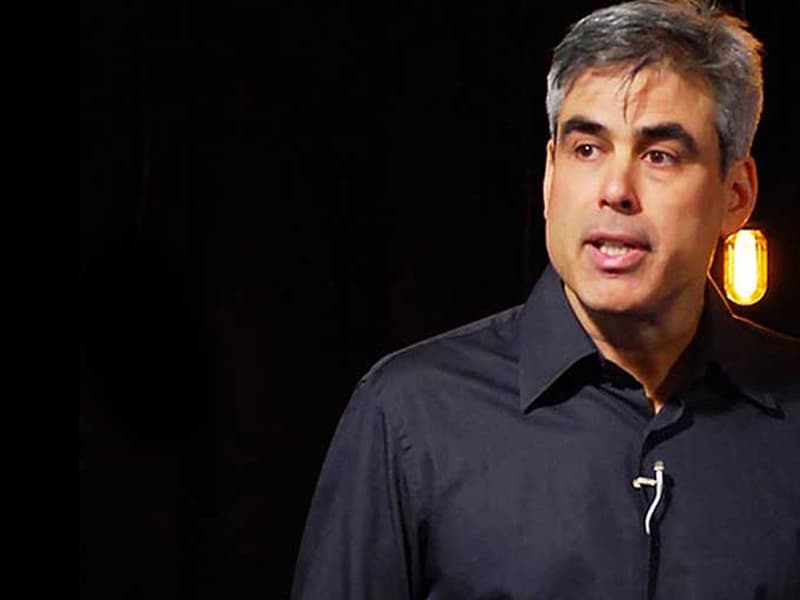

After Babel: The Fragmentation of Everything
What if, at a pinnacle of our civilization’s technological achievement, everything just broke — the institutions we’ve come to rely upon in navigating a modern complex world, the shared stories that hold a large and diverse democratic republic together, and even a common language through which to navigate the rising tide of crisis. According to renowned social psychologist and author Jonathan Haidt, this describes our current reality, one that he calls “After Babel.” In this new normal, we are scattered by a digital environment into feuding tribes that are governed by mob dynamics and driven by a minority of ideological outliers, made stupid at warp speed by group think, and — thanks to social media — armed with billions of metaphorical “dart guns” with which to immediately wound “the enemy” in ways that are hardly only metaphorical. What could go wrong?
Continue reading…
Our very special guest, Dr. Jonathan Haidt, will delve into the profound impact of social media on democratic societies, dissecting the intricate web of challenges it poses to civic trust and civil discourse. Don’t miss this chance to hear from one of the foremost thought leaders of our time — one who has generously given his counsel to The Village Square, and countless efforts like ours — on this existential challenge of our time. Read Why the Past Ten Years of American Life Have Been Uniquely Stupid in The Atlantic and learn more about Dr. Haidt by clicking the MORE button, below.
The program includes a preview of Haidt’s highly anticipated upcoming book The Anxious Generation, available at the end of March. You’re not going to want to miss it.
This program is presented live via Zoom and Facebook Live and made possible by Florida Humanities and National Endowment for the Humanities. We’re delighted to welcome streaming partners Braver Angels, McCourtney Institute for Democracy, National Institute for Civil Discourse, BridgeUSA, Listen First Project, USC Dornsife Center for the Political Future, Common Ground Committee, Civic Health Project, TP&R podcast, YOUnify, Citizen Connect, Center for the Humanities at University of Miami, Tallahassee Democrat, WFSU Public Media, and Network for Responsible Public Policy.
Dr. Jonathan Haidt is a social psychologist and professor of ethical leadership at NYU’s Stern School of Business. He’s the author of four books, two of which became New York Times–best sellers, including The Happiness Hypothesis, The Coddling of the American Mind, and The Righteous Mind: Why Good People Are Divided by Politics and Religion— and the forthcoming “The Anxious Generation.” He’s been named a top 100 global thinker by Foreign Policy magazine, one of the world’s 65 best thinkers of the year by Prospect magazine and his four TED Talks have been viewed more than 7 million times.
*This program is made possible by funding from the National Endowment for the Humanities and the United We Stand: Connecting Through Culture initiative. Any views, findings, conclusions or recommendations expressed in this program do not necessarily represent those of Florida Humanities or the National Endowment for the Humanities.
Show less

Jonathan Haidt has directly informed our work for over a decade.
We seek to apply the basics of Dr. Jonathan Haidt’s “Moral Foundations Theory” to the task of building trust between people who don’t look or think alike. Here’s a mini-primer on the early work that drew us to him — and keeps us in his intellectual orbit.
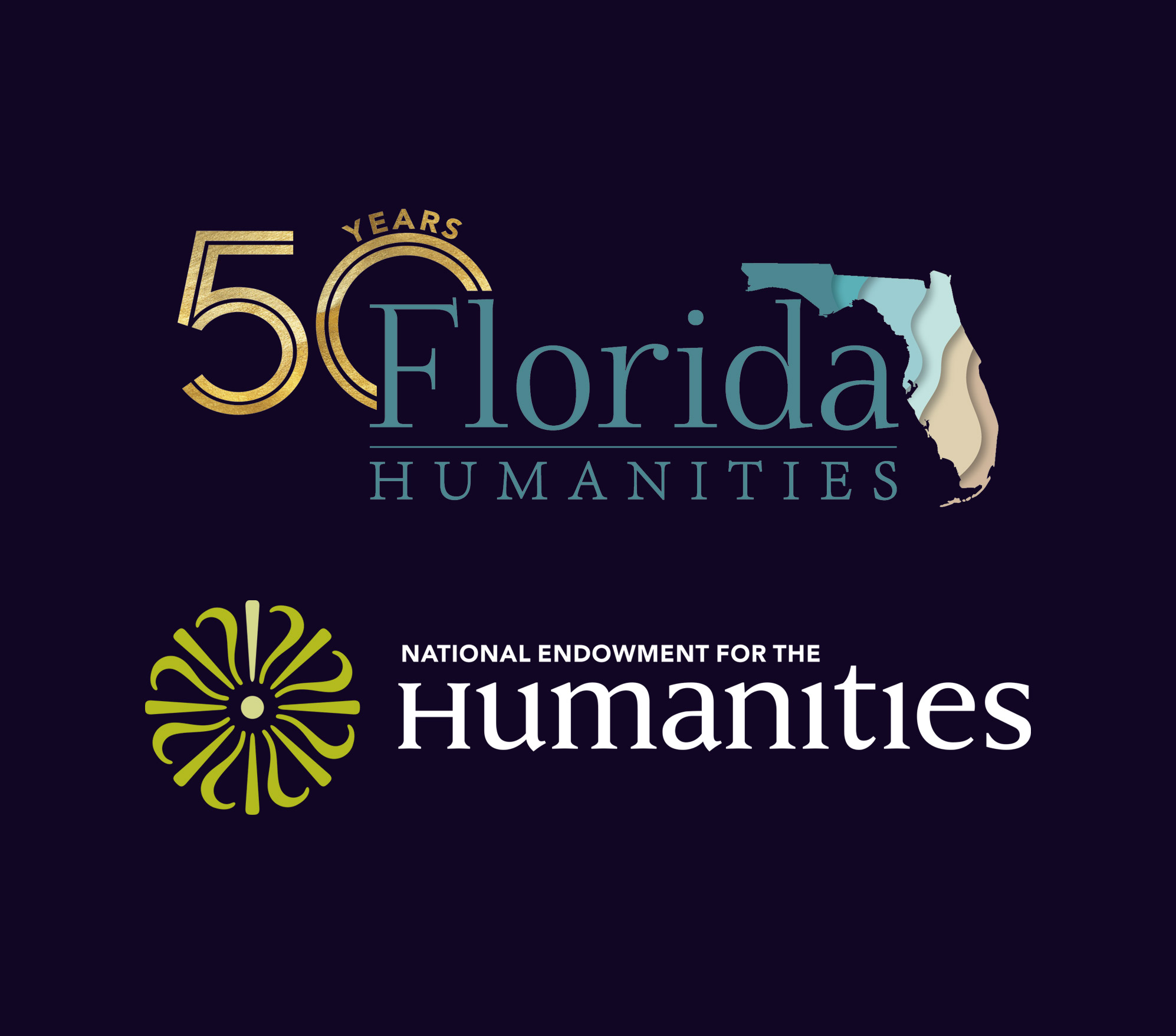
Presented in partnership with Florida Humanities and NEH
Funding for this program was provided through a grant from Florida Humanities with funds from the National Endowment for the Humanities. Any views, findings, conclusions or recommendations expressed in this program do not necessarily represent those of Florida Humanities or the National Endowment for the Humanities.
